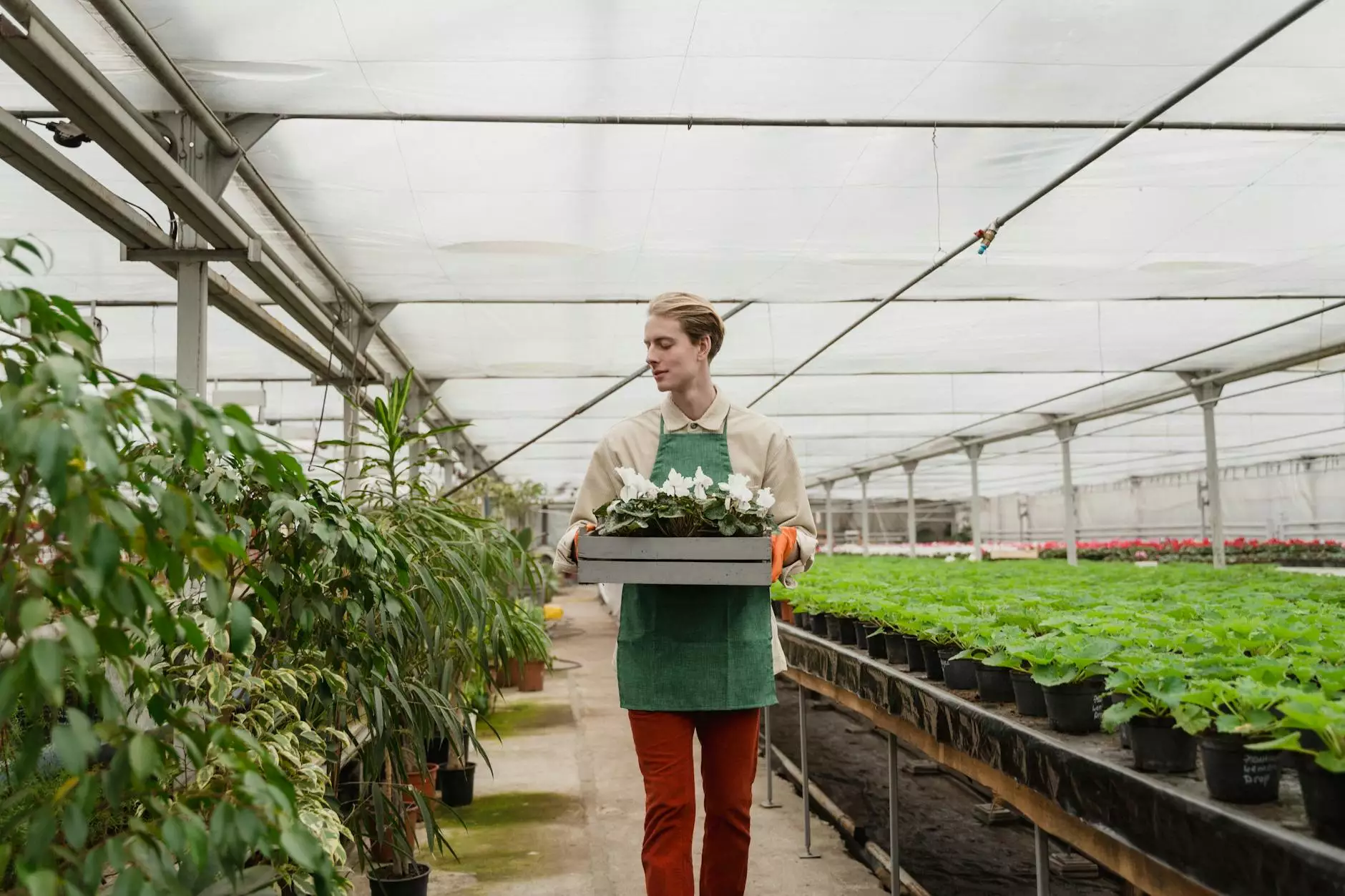Insect Pest Management: Unlocking Sustainable Agriculture Practices

In today's rapidly evolving agriculture landscape, insect pest management is paramount for ensuring sustainable practices that not only protect crops but also enhance farm productivity. As the agricultural sector adapts to climate change, globalization, and technological advancements, understanding how to effectively manage insect pests is critical for all farmers. This comprehensive article delves into the significance of pest management, offering insights into innovative strategies, tools, and best practices to optimize crop health and yield.
Understanding Insect Pest Management
Insect pest management refers to the strategies utilized by agricultural professionals to control or manage the populations of insects that have the potential to harm crops. This field has significant implications for both the economic viability of farms and the environmental sustainability of agricultural practices. Effective management practices can:
- Reduce crop losses caused by pest infestations
- Minimize the reliance on chemical pesticides
- Encourage biodiversity and ecological balance
- Promote better yields and farm profitability
The Importance of Insect Pest Management
Understanding the importance of insect pest management is vital for several reasons:
1. Economic Stability
The financial health of a farming operation is frequently threatened by pest infestations. Effective insect pest management can lead to significant cost savings by preventing the expenses related to crop failure and the purchase of chemical control agents.
2. Environmental Protection
Over-reliance on chemical pesticides can lead to environmental degradation and public health concerns. Adopting integrated pest management (IPM) strategies ensures that pest control is executed sustainably, therefore protecting soil, water, and air quality.
3. Human Health and Safety
Using extensive chemical pesticides can adversely affect farmworkers and consumers. By employing effective insect pest management techniques, risks can be minimized, safeguarding the health of those involved in the production and consumption of agricultural products.
Implementing Integrated Pest Management (IPM)
Integrated Pest Management (IPM) is a holistic approach to pest control that relies on a combination of techniques. These can include cultural practices, biological controls, and chemical methods, strategically applied to minimize pest populations while maximizing crop health. Key components of IPM include:
- Monitoring and Identification: Regular scouting for pests and accurate identification are crucial. Knowing which pests are present helps in selecting the best control methods.
- Cultural Practices: Techniques such as crop rotation, intercropping, and proper sanitation can minimize pest problems by disrupting their life cycles.
- Biological Control: Utilizing natural predators or parasites can help keep pest populations in check. For example, introducing ladybugs for aphid control.
- Mechanical and Physical Controls: Tools like traps, barriers, and even vacuums can be highly effective in managing pests without chemicals.
- Chemical Management: When necessary, judicious use of pesticides can be integrated into an overall pest management plan.
Current Trends in Insect Pest Management
The field of insect pest management is constantly evolving, with new trends emerging that change how we approach pest control:
1. Precision Agriculture
Advancements in technology are enabling farmers to manage pests with greater precision. Tools like satellite imagery and Geographic Information Systems (GIS) are helping in understanding pest prevalence on a spatial basis, allowing for targeted interventions.
2. Biopesticides
There is a growing trend towards the use of biopesticides, which are derived from natural materials. These products can be effective against pests while being less harmful to non-target organisms and the environment.
3. Genetic Solutions
Genetically modified organisms (GMOs) are being developed to enhance resistance to pests. These innovations can lessen the dependency on chemical pesticides, making pest management safer and more efficient.
Key Insect Pest Management Strategies
When creating a robust insect pest management strategy, consider the following effective techniques:
1. Regular Monitoring and Assessment
Regular field assessments are vital for understanding pest dynamics. Employ visual inspections and use sticky traps to capture and identify pest populations over time.
2. Nutrient Management
Healthy plants are more resilient to pest infestations. Implementing proper nutrition programs and soil management practices can promote strong crop growth and make plants less susceptible to pests.
3. Use of Resistant Crop Varieties
Wherever possible, select crops that have natural pest resistance. These varieties often require less intervention and provide a more sustainable approach to pest management.
4. Implementing Crop Rotation
Rotating crops can disrupt pest life cycles, as many pests are host-specific. This practice also enriches the soil and reduces the build-up of pests and diseases.
The Role of Technology in Pest Management
Technology continues to play a transformative role in insect pest management. Here are a few technological advancements currently making waves in the industry:
1. Mobile Applications
Farmers can now use mobile applications for real-time pest identification and management recommendations. These tools provide accessibility to knowledge and resources while enhancing decision-making.
2. Drones and Remote Monitoring
Utilizing drones for aerial surveys allows farmers to cover large areas quickly for pest scouting. This high-efficiency monitoring is leading to more proactive management strategies.
3. Artificial Intelligence
AI technologies are being integrated into agricultural practices to analyze vast datasets for predicting pest outbreaks and providing tailored advice on pest control measures.
Best Practices for Successful Insect Pest Management
To ensure successful insect pest management, here are some best practices that should be adopted:
- Education and Training: Ongoing education for farmers and agricultural workers is crucial for staying updated with the latest pest management practices and technologies.
- Collaboration: Networking with local agricultural extension services, universities, and research institutions can provide valuable insights and resources.
- Documentation: Keep detailed records of pest sightings, control measures, and outcomes to refine future strategies and improve efficacy.
- Flexibility and Adaptability: Be prepared to adapt your management strategies based on changing pest dynamics and environmental conditions.
Conclusion
In conclusion, effective insect pest management is vital for the sustainability of agriculture. As we face global challenges such as climate change and increasing food demand, innovative pest management strategies are imperative for protecting crops and ensuring food security. By integrating advanced technologies, adopting sustainable practices, and fostering collaborative efforts, farmers can navigate the complexities of pest management successfully, leading to healthier crops, improved yield, and a thriving agricultural sector.
For further inquiries on insect pest management and how to integrate efficient practices on your farm, contact TSGC Inc. today!









